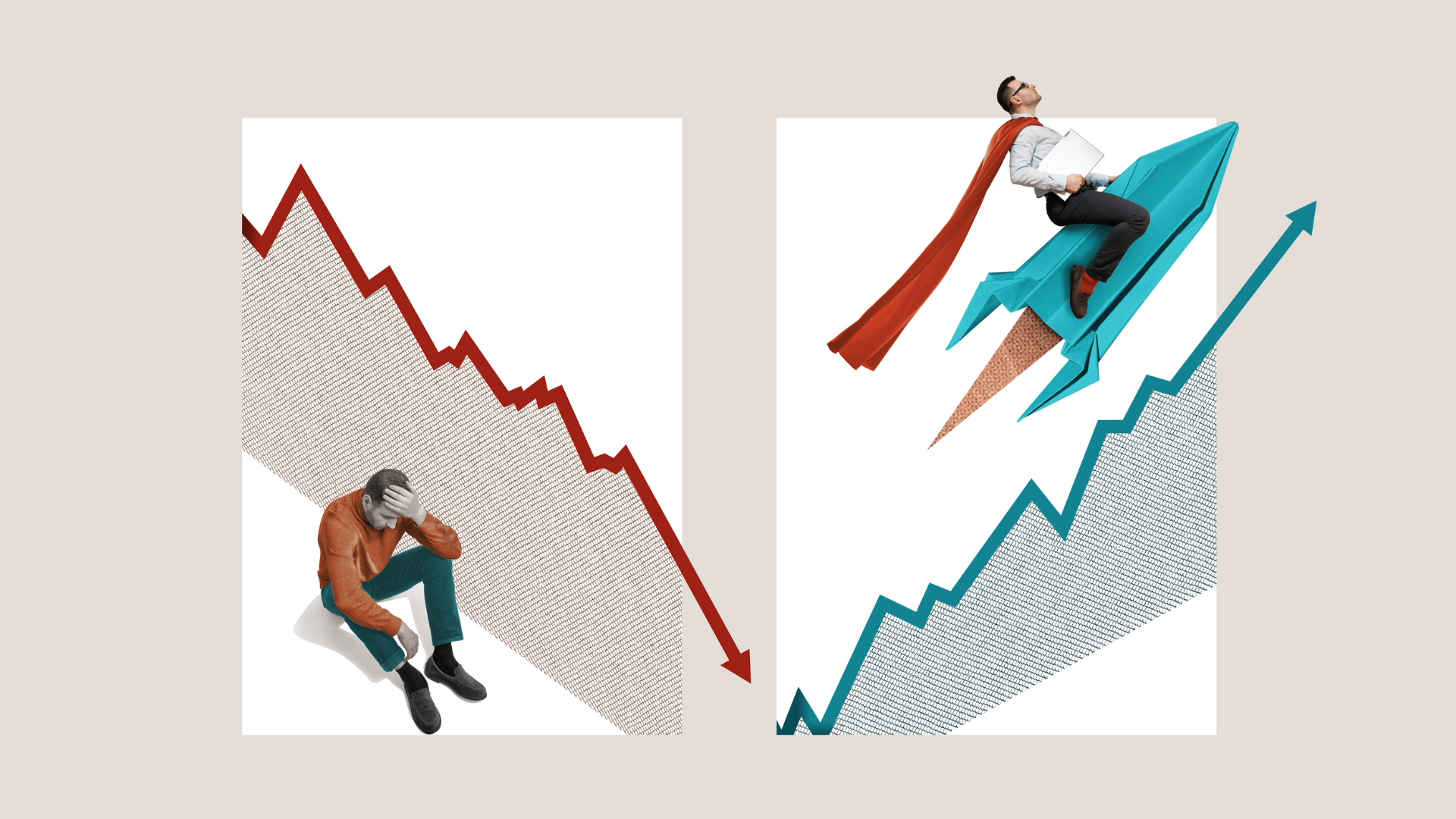Failure is an Opportunity
In 1946, Viktor Frankl, a Holocaust survivor and eminent social psychologist, said, “Between the stimulus and response, there is a space. And in that space lies our freedom and power to choose our responses. In our response lies our growth and our freedom.”
Jeff Bezos, then Amazon's CEO, echoed a similar sentiment in his 2015 annual letter to shareholders. Considering Amazon an “Invention Machine,” Bezos argued that company decisions should resemble “two-way,” rather than “one-way” doors. He writes,
“Some decisions are consequential and irreversible or nearly irreversible – one-way doors... But most decisions aren’t like that – they are changeable, reversible – they’re two-way doors. If you’ve made a suboptimal… decision, you don’t have to live with the consequences for that long. You can reopen the door and go back through. [These] decisions can and should be made quickly.”
Optimize outcomes by making “two-way” door decisions that avoid fatal failures, or those from which you cannot recover quickly. Reversible decision-making with quick outcomes encourages growth, creativity, and innovative thinking.
Three habits and skills are critical to personal development as they enable learning from failure:
Evaluate your failure in context. What were your objectives, and were they in line with what you achieved?
If at first you don’t succeed, pivot. Perform a post-mortem to evaluate what worked and what didn’t - and why - and apply what you learned to be successful in your next attempt to achieve a goal.
Normalize and encourage sharing your failures with your peers. Don’t let fear of stigma or shame prevent you from trying something new and testing boundaries.
Failure can be preventable due to poor decision-making or unavoidable because of complexity or the lack of predictable factors. The focus here is on intelligent failures arising from novel, unprecedented situations.
Intelligent failures “at the frontier, where ‘good’ failures occur quickly and on a small scale, [provide] the most valuable information… They occur when experimentation is necessary” in new situations. A culture that allows, and even encourages, intelligent failures can spur individual creativity and innovation.
A failure is a setback regardless of the root cause. All failures provide an opportunity to analyze the “why,” re-energize, and move forward without repeating previous mistakes. By making reversible, “two-way” door decisions, you can improve the likelihood of learning and development from non-fatal failures.
Any pursuit entails a series of ups and downs with even spaces between. "In that space lies our freedom and power to choose our responses… In our response lies our growth and our freedom.” Achieving growth requires determination, self-awareness, evaluation of past failures, and a willingness to experience intelligent failures in the future.
“Success is not final, failure is not fatal: it is the courage to continue that counts.”
— Winston Churchill
“We can’t control what happens to us, but we can control how we respond and… make meaning of it.”
— Ali Truwit
Related Article
Failure Builds Resilience & Antifragility
True resilience means being able to persevere despite experiencing failure, volatility, or periods of uncertainty. Demonstrating flexibility, optimism, emotional agility, and strong problem-solving skills, truly resilient individuals survive and learn from their setbacks. The antifragile, however, not only survive but thrive because of failure and adversity.


